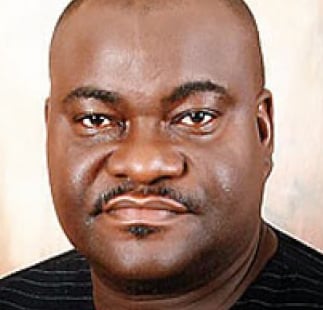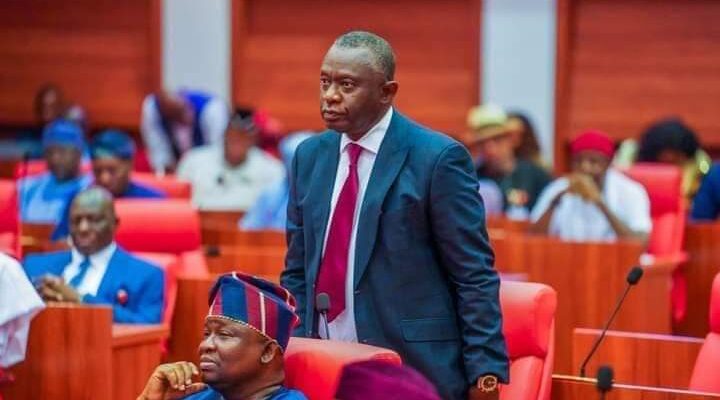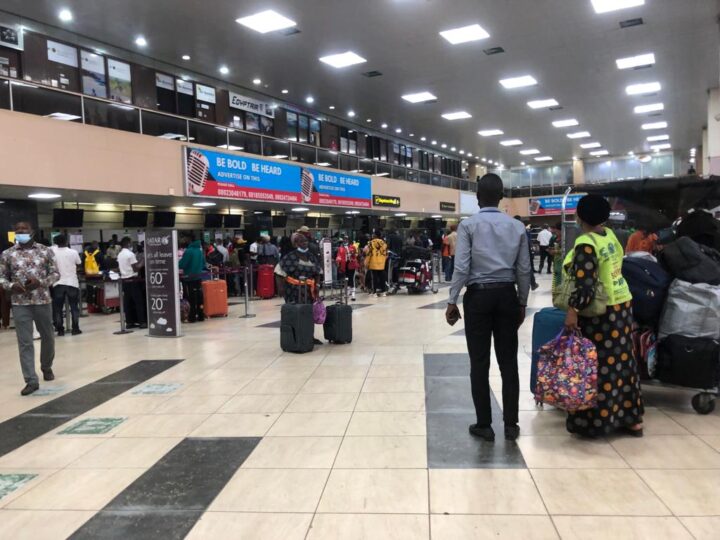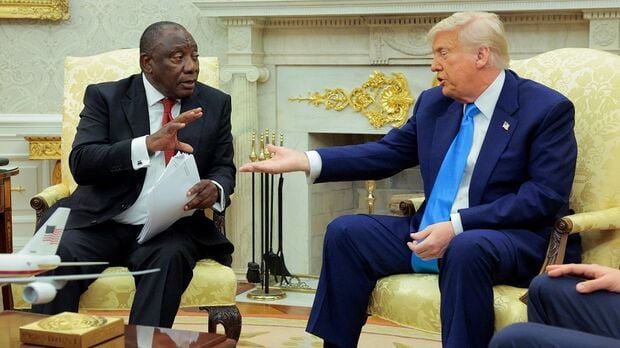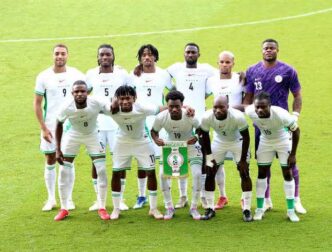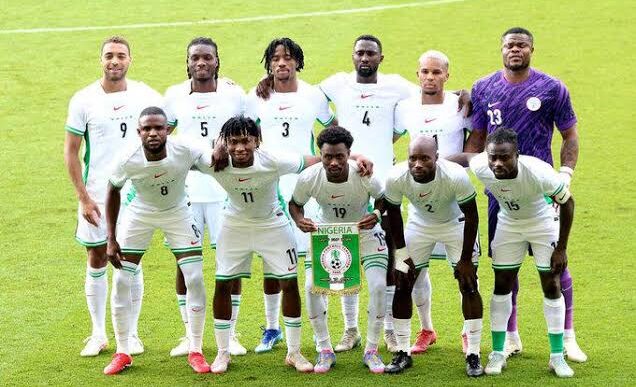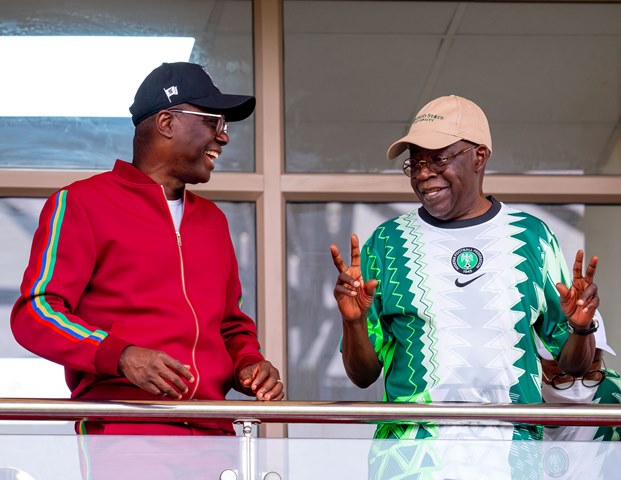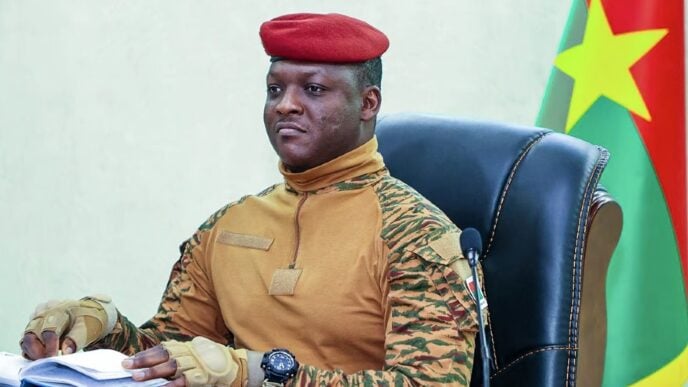It is the period of “midterm” assessment by Nigeria’s politicians and public officers inaugurated into four-year offices as stipulated by the Nigerian constitution as enunciated in 1999. The first quarter of every quadrennial, every four years that is, is usually the regular electoral season when presidential, gubernatorial, national and state elections, are all held. A midterm review in our electoral circumstances therefore relates to elections held within the stipulated season in 2023. In the course of the continuing evolution of Nigeria’s 26-year old Fourth Republic, judicial adjudication in contentious gubernatorial polls in select states, have precipitated “off cycle” elections in eight states. These are: Anambra, Bayelsa, Edo Ekiti, Imo, Kogi, Ondo and Osun states. The trend is more noticed in Nigeria’s South where seven states are involved.
Thursday May 29, 2025, Nigerians were awakened by the broadcast of President Bola Tinubu. He highlighted the achievements of his administration within the “first half” of his four-year mandate, 2023 – 2025. Governors of 28 states who were equally elected during the window of the scheduled cycle of national polls in 2023, have also been tendering their spreadsheets before their electors. Senators and Members of the House of Representatives have not been left behind in stewardship accountability. The probing eyes of their people, whose ears have been apprised of the volume of resources made available to them by the state, has triggered renewed expectations in service delivery, across the land. They therefore want to hear from the mouths of their ambassadors in the bicameral national parliament.
I’ve regularly interrogated the endeavours of federal legislators, including some from Kogi State. Indeed, Senators Enyinnaya Abaribe and Austin Akobundu, both from Abia State, feature amongst my subjects, same way as Leke Abejide and Dickson Tarkighir, Members Representing Yagba and Makurdi/Guma federal constituencies in Kogi and Benue states. I am from Kogi, the “confluence state” where Nigeria’s two largest rivers, the Niger and Benue are conjoined. I therefore have residual knowledge of the state. Developments across the state, my senatorial district and my federal constituency, expectedly are of prime importance to me. I should note here, that my post – National Youth Service Corps, (NYSC) working life began as a schoolteacher in a primordial rural community, Ponyan, in my local government area, Yagba East, within my present day federal constituency. In the course of my career in journalism, I was recalled on a number of occasions, to avail my state, Kogi State, of my experiences.
I was privileged to serve in the administrations of Prince Abubakar Audu, (of evergreen memory); Colonel Paul Omeruo and Colonel Bzigu Afakirya (who, sadly, are no longer with us). I toured Kogi State, severally and serially, around and about with my various Principals. Every new chief executive desired speedy acquaintance with his people to filter their challenges and needs. This was usually with a view to providing speedy, spontaneous succour and remediation, which could be provided or executed within the limits of available resources at the time. State budgets those good old were not like today’s dizzying 10-digit billions, nay the scarier trillions. We travelled, with Audu, Omeruo and Afakirya, majorly by road. We equally crossed the River Niger with pontoons in instances, notably between Lokoja the state capital and Shintaku in Bassa local government area in Kogi East. We toured all the 21 local government areas in the state again and again and again. You will be correct to say that I know the state like the “lines on the palms of my hands,” deriving from the age old Yoruba proverb.
Advertisement
Saturday June 7, 2025, the Senator representing Kogi West District, Sunday Karimi, took his turn at the lectern, in the spirit of representational report. The venue was the Kogi State Secretariat of the Nigerian Union of Journalists, (NUJ), which hosted him in Lokoja. Karimi had with him generous quantities of a 20-page commemorative newspaper, The Crusader, with the cover page lead headline: Sunday Steve Karimi: A Two-Year Harvest of Achievements. The tabloid, copies of which were freely distributed to his audience, captured his multisectoral endeavours in words and visuals, as verifiable testament to impactful performance. He received applause from his listeners some of whom were either direct beneficiaries of his initiatives, or who could attest to the genuineness of his claims.
Karimi in recent months has sought to advance the argument for the establishment of a federal university in the Okun-speaking area of his catchment. Advocacy for the upgrading of the College of Agriculture Kabba, affiliated to the Ahmadu Bello University, (ABU), Zaria, to the status of a university, has been on the front burner of parliamentary discourse over time and season. Successive federal parliamentarians from Okunland have repeatedly foregrounded the quest and
Karimi has since joined in the push. To be sure, Member Representing Kabba-Bunu/Ijumu federal constituency between 2011 and 2023, Tajudeen Yusuf, once ensured the passage of the Bill by the “Green Chambers.” Other Okun-blooded representatives, notably Salman Idris, successor to Yusuf; Leke Abejide, second-term representative of Yagba federal constituency, and Biodun Faleke, representing the Ikeja, (in Lagos State) federal constituency, are also on the case. More recently, they collaborated to ensure the passage of the same Bill by the House of Representatives, in 2024.
Karimi’s immediate predecessor in the Senate, Smart Adeyemi, a three-term Senator, advanced the Bill to the third reading, during his sojourn in the ninth assembly. Dino Melaye before him, progressed the same document to the phase of its second reading. The Bill has also profited from the enthusiasm of Okun elements in the bureaucracy of the National Assembly. Whenever it is eventually birthed, it could well be designated a Federal University of Agriculture, just like those in Abeokuta, Akure, Makurdi, Ishiagu, Umuahia, and so on. Such calibration of the envisioned university, will fast-track Nigeria’s food sufficiency and food security desires, given the sheer expanse of arable land in Kogi State. At the same time, Karimi believes that Egbe, his hometown, where the old Sudan Interior Misson, (SIM) built a hospital which once served as a referral facility, can be stepped up into a Federal University of Medicine and Medical Sciences. Given the unquenchable thirst of Karimi’s constituents and people from adjoining states for university education, both universities will be well served by applicants and students.
Advertisement
In a gesture which shocked his listeners at his media interface, Karimi spoke of his plans to further ameliorate the blood pressures of parents struggling to meet up with the school fees of their children and wards. Recalling bursary scheme which he initiated in 2024, Karimi said the programme will be sustained this year, and would indeed be extended to the other senatorial zones. According to him, “Last year, I made N100m available for the 85 electoral wards in Kogi West, which provided bursaries of N100,000 each to 1000 recipients.” Continuing, Karimi said: “We are expanding the scope henceforth. We will be making available N139m to Kogi West this year, in response to the applause and appreciation which greeted the experimental disbursement. We have 96 wards across the nine local government areas in Kogi East and my office will be making available the sum of N100m to be disbursed evenly at N100,000 per student. There are 57 wards in Kogi Central and my office will be availing that zone N61m, to be appropriated along the lines of our existing template. He summed up that the expansion of his direct philanthropy by way of bursary awards to students in tertiary institutions this year would cost N300m.
Karimi equally wants to help temper the challenges encountered by Nigerian youths, in finding centres where to participate in the recently instituted Computer Based Tests, (CBT), by the Joint Admissions and Matriculation Board, (JAMB). He believes the present arrangement which prescribes CBT centres for his people in other senatorial zones or neighbouring states is not good enough. He is active in the renovation of the archival library of his alma mater, Titcombe College, Egbe for this purpose and has procured 275 laptops. Alumni of the iconic institution include literary giants like Emeritus Olu Obafemi, and the much younger sadly departed Pius Adesanmi who was Obafemi’s student at the University of Ilorin. He is equally providing a 30Kva solar powered inverter; securing the library; internet connectivity and installation of a 45Kva diesel-powered generator, to activate the centre. Karimi is equally upgrading the water system of Titcombe College to make for improved learning conditions for youths in his district. He tells you that his intervention in giving a face-lift to his old school, will cost him close to N200m.
Beyond these figures, however, is the conscientiousness of Sunday Karimi in helping to build the educational capacities of his people as the key to unlocking a promising future. He has intentionally differed from the style of some of his colleagues, in his chosen approach to empowering his folks. The social media regularly features politicians in parts of the country who prefer to sit on the balconies of their country homes, flipping currency notes to people in their premises who scrounge and scramble to pick up the monies. Such crass display of vainglorious opulence, such weaponisation of poverty. The automobile garages of many such parliamentarians and public officers overflow with current, exotic, expensive vehicles they may never ride in several years, maybe a lifetime. Yet, the roads to their communities look like prototypes out of Somalia or South Sudan.
Tunde Olusunle, PhD, Fellow of the Association of Nigerian Authors, (FANA), is an adjunct professor of Creative Writing at the University of Abuja.
Advertisement
Views expressed by contributors are strictly personal and not of TheCable.
